Medical Digital Marketing Resources
Learn all there is to know about patient acquisition, including common pitfalls, strategies for success, and the best solutions to help you do the job.

Dental Digital Marketing

Maximizing Your Dental Practice’s Impact Through Social Media
NexHealth's guide explores six key strategies for dental practices to enhance their social media presence, inspired by a case study of Instagram success. It underscores social media as a crucial tool for patient engagement and practice growth.

Masterful Strategies for Year-End Dental Campaigns: Maximizing FSA Benefits & Effective Marketing Tactics
Discover powerful dental campaign ideas for year-end success! In this guide, learn how to leverage FSA benefits & innovative marketing tactics for maximum impact.

Building Trust with Patients Through Your Digital Presence with Brian Leffler
Brian Leffler, founder of Modern Practice, shares insights on leveraging technology to foster patient trust in our "How I Grew My Practice" podcast. Discover his expert perspective on building trust through digital marketing.

Effective Communication Strategies to Retain and Engage Patients with Ryan Corby
In this episode of "How I Grew My Practice," presented by NexHealth, we welcome Ryan Corby, CEO and founder of Retain and Smile. Join us as Ryan shares his valuable insights on optimizing patient communication strategies to enhance retention and engagement.
Digitize your patient engagement with appointment scheduling software
Click through each step of the patient journey to see what a modern experience looks like


.png)








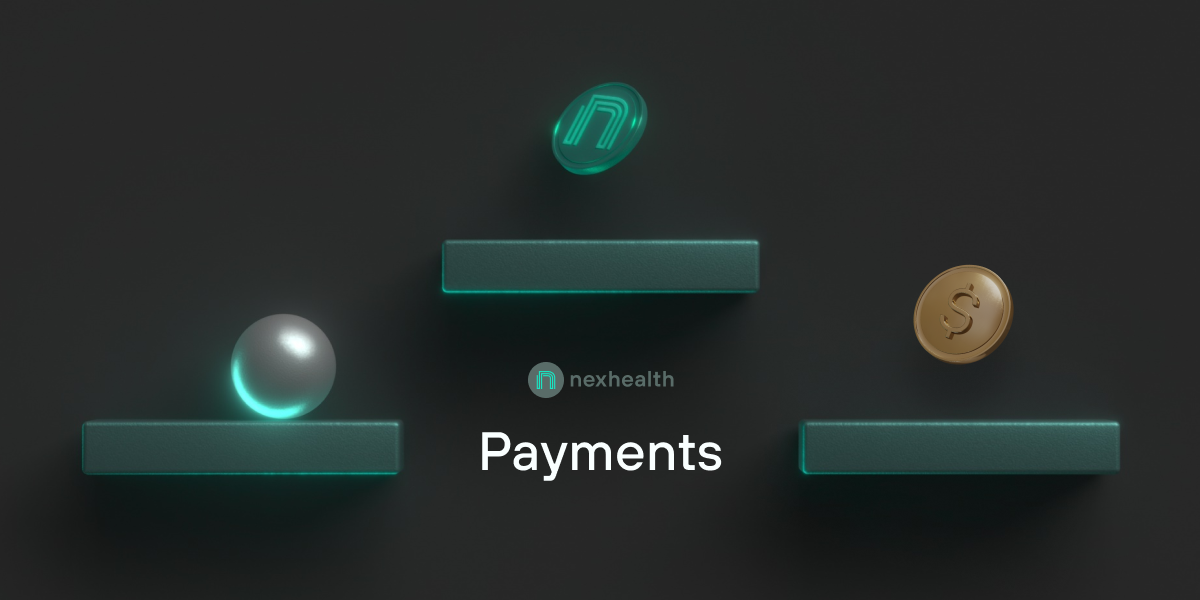

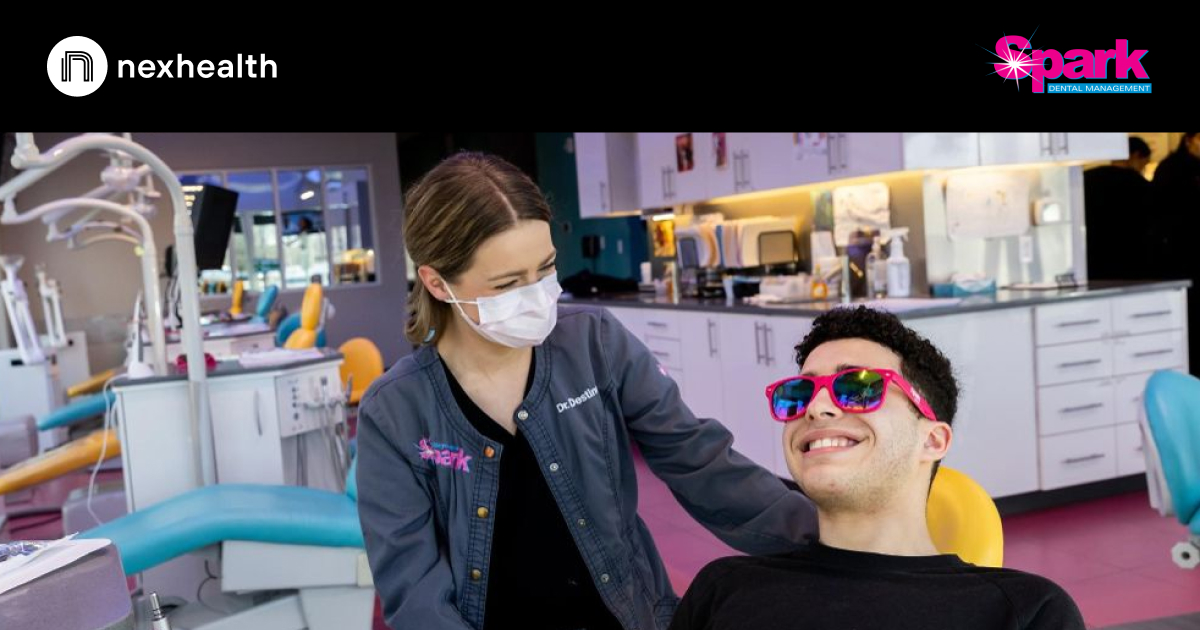


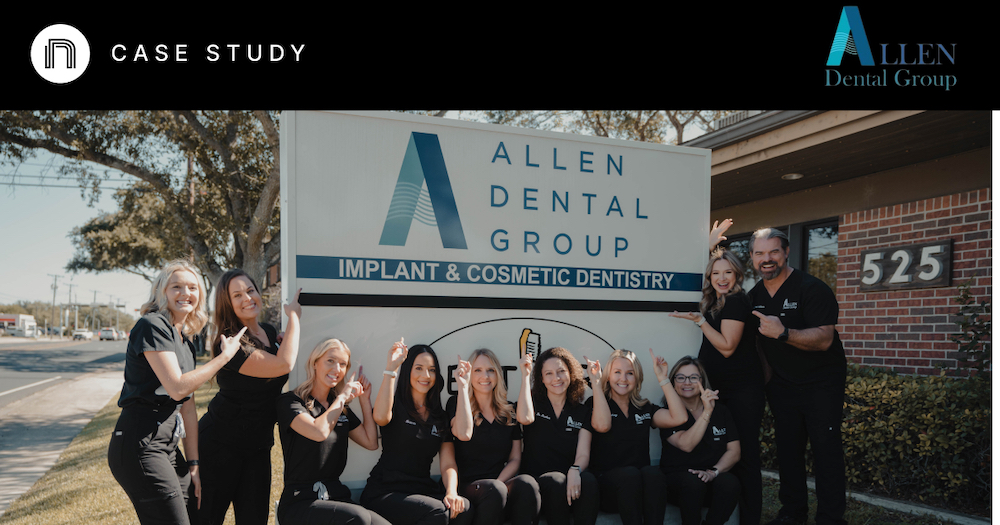
_BestEstimatedROI_Roi.png)
_BestSupport_QualityOfSupport.png)











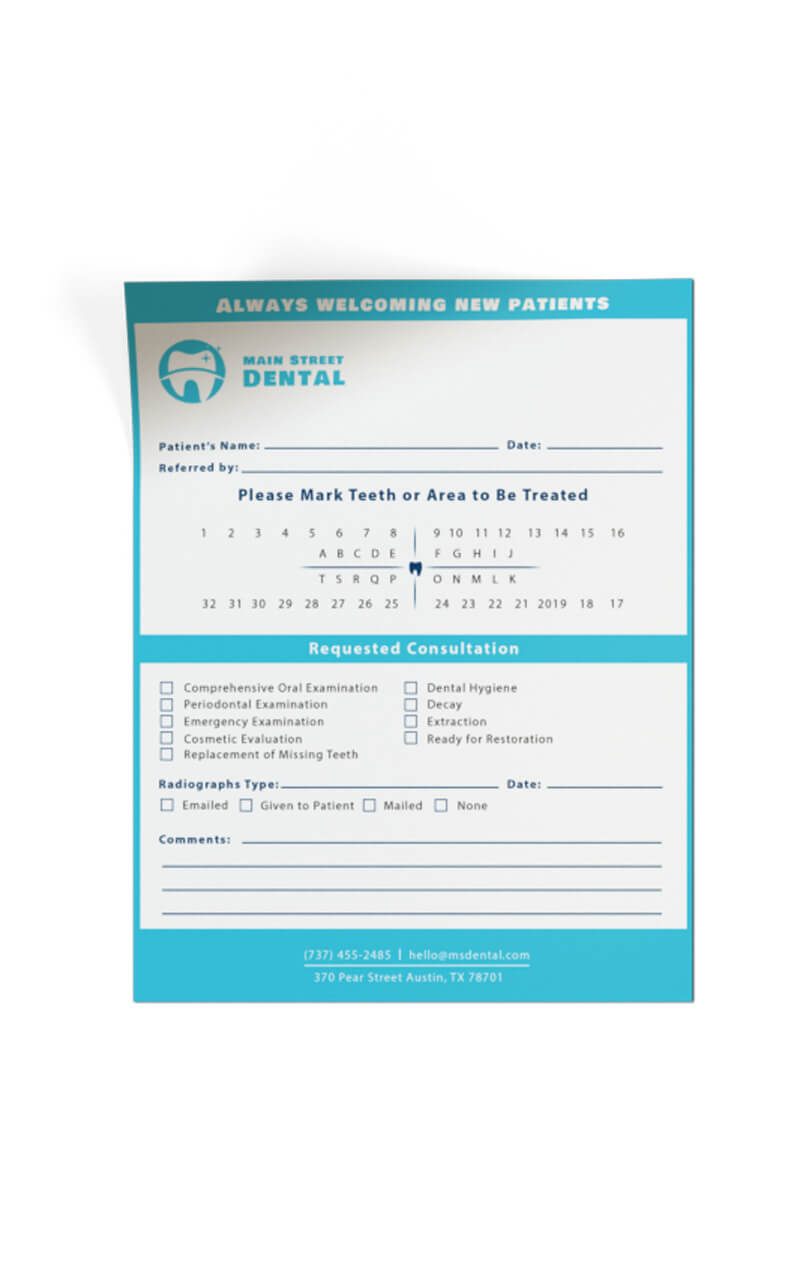
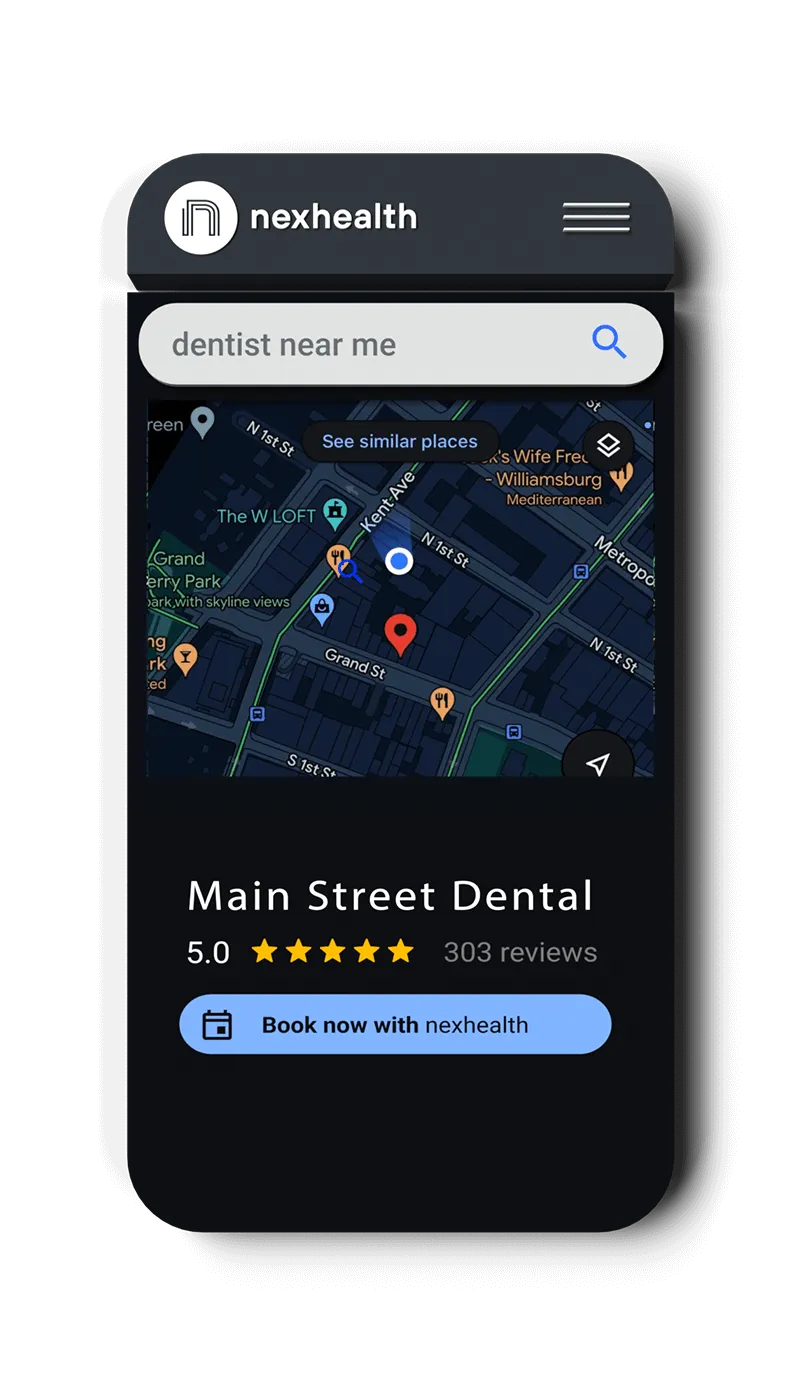



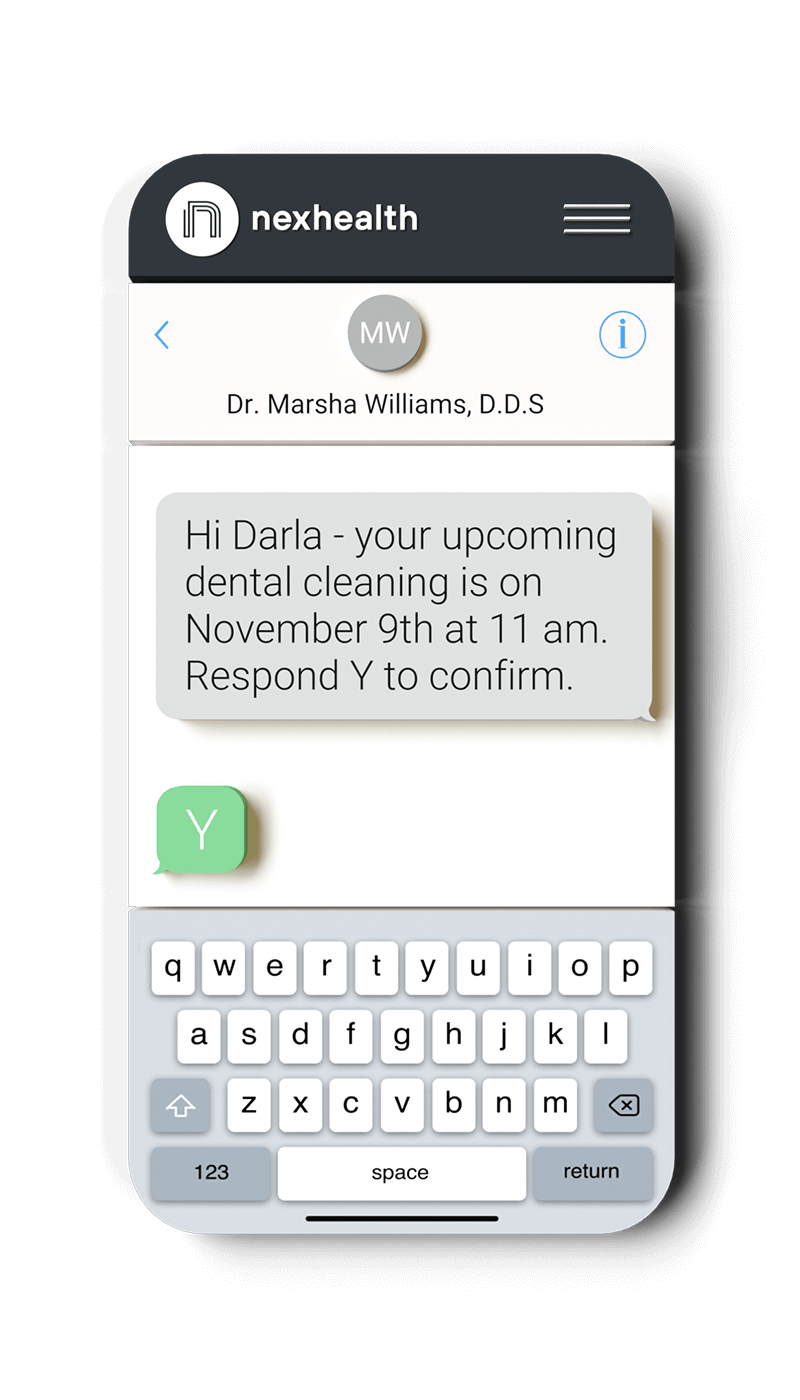
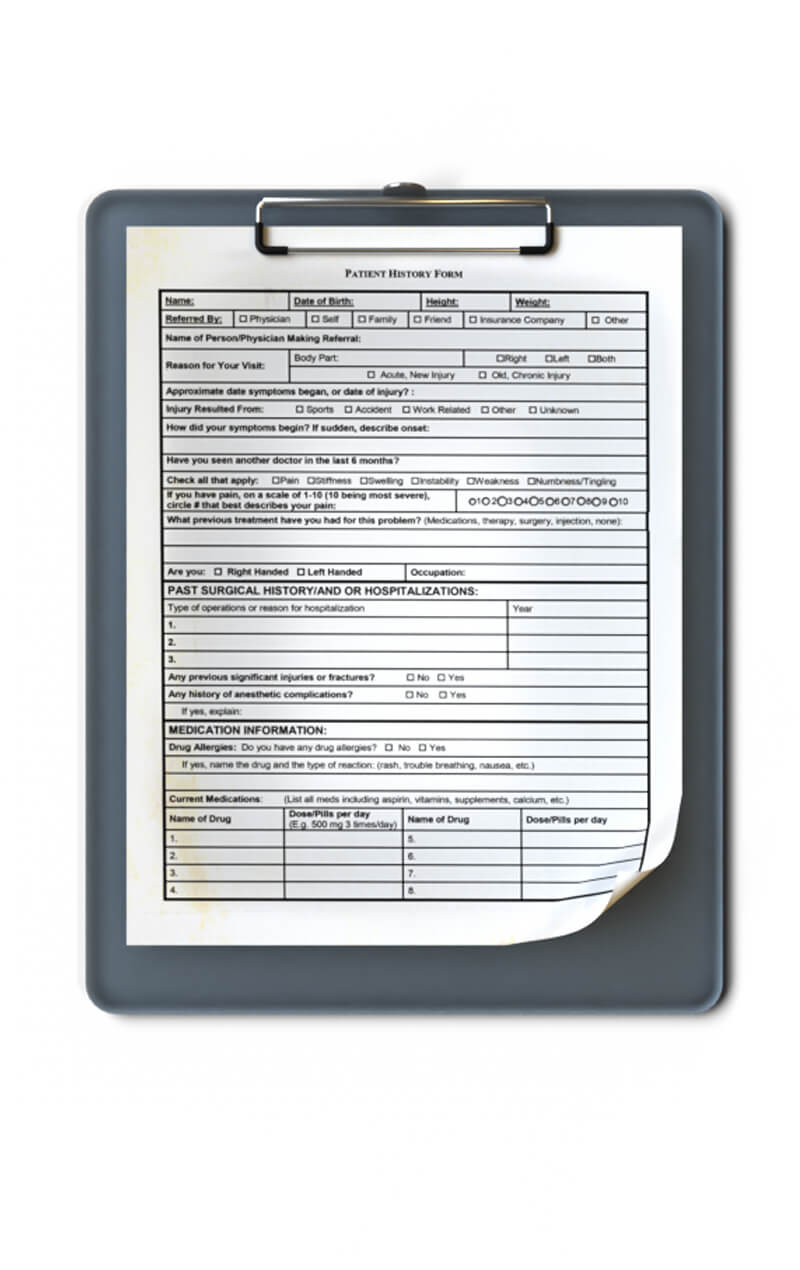







And I've used at least 6 others." - Shaye, Falmouth Dentistry